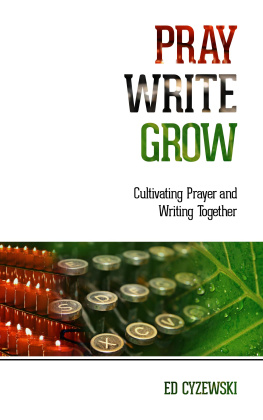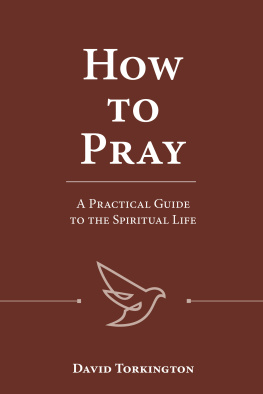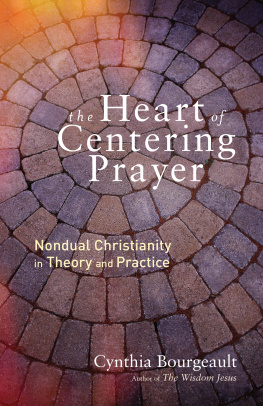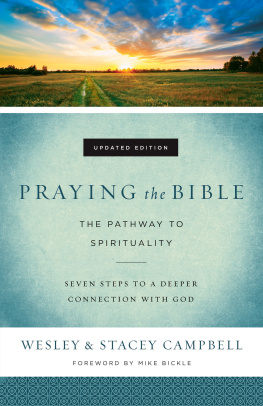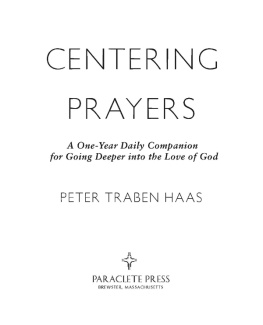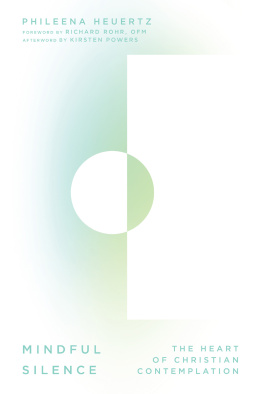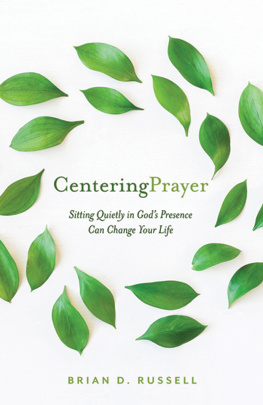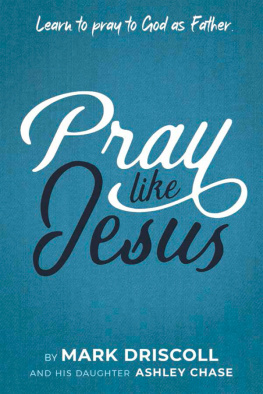Also by Ed Cyzewski
Evangelicals After the Shipwreck
The Great Evangelical Retreat
Why Evangelicals Need the Wilderness
Evangelicals Need Roots to Grow
Standalone
Creating Space: The Case for Everyday Creativity
Why We Run from God's Love
A Path to Publishing: What I Learned by Publishing a Nonfiction
Pray, Write, Grow: Cultivating Prayer and Writing Together
First Draft Father: A Write-from-Home Dad Finds the Joy/Anxiety/Exhaustion/Wonder of Parenting
Coffeehouse Theology: Bible Study Guide
Write without Crushing Your Soul: Sustainable Publishing and Freelancing
Become a Better Faith Blogger
The Contemplative Writer: Loving God through Christian Spirituality, Meditation, Daily Prayer, and Writing
Coffeehouse Theology: Reflecting on God in Everyday Life
Flee, Be Silent, Pray: An Anxious Evangelical Finds Peace with God through Contemplative Prayer
Independent Publishing for Christian Authors: A Guide to the Why, When, and How for Writers
Watch for more at Ed Cyzewskis site.
The Contemplative Writer
Loving God through Christian Spirituality, Meditation, Daily Prayer, and Writing
Ed Cyzewski
* * *
Join My Community of Readers
Newsletter subscribers get FREE eBooks and first dibs (as well as discounts) on new book releases by signing up for my e-newsletter at my website.
Sign up Today
Take part in daily contemplative prayer practices:
* * *
By Ed Cyzewski
2016
Ed Cyzewski, All Rights Reserved
Feel free to quote up to 300 words in print or online with full citation and/or a hyperlink to the book at a retailer's website. For longer quotations or multiple quotations, contact Ed at edcyzewski@gmail.com.
All scripture from the NIV
Contents
Introduction
Beginning Is Enough
"Simply bringing yourself quietly before God will do more than worrying or being too religious."
Francois Fenelon, 100 Days in the Secret Place
Imagine sitting down to write and your mind is completely at rest. Your thoughts are focused, your body is prepared but relaxed, and you have a reassuring confidence that the project you're about to begin aligns with God's calling on your life and the unique gifts and talents you've been given. Imagine what a rested, peaceful, focused mind is like as you begin writing.
Such a scenario was a far cry from my experience as a writer over the years. Only until I started to pay attention to my body and my mind did I even begin to make some positive changes in order to inch myself closer to that ideal of writing from a place of peace, rest, and prayerful focus. It's my conviction that prayer and writing both come from a similar practice: attentiveness. If we have spent our days, weeks, months, and years attentive to the wrong things, then meaningful prayer and writing will be extremely difficult, if not impossible.
I've written at length about soul care and the practices that cultivate prayer and writing together, but I wanted to offer a life preserver of sorts to writers of faith who perhaps feel like they are drowning in the shifting currents of life and have no hope of integrating meaningful contemplative practices in their days. This life preserver is the most basic of starting points for people who have failed, struggled, or don't know where to start with contemplative practices, let alone even connecting these practices to their writing work.
Put simply, contemplative prayer in the Christian tradition is "resting in God." Contemplative prayer could involve sitting in silence before God, centering on a sacred prayer word such as "beloved" for a period of time (usually 20 minutes), or meditating on scripture using tools such as Lectio Divina or the Hours. We'll discuss all of these in the chapters that follow. For now, let's keep two things in focus: Contemplative prayer is about "resting in God," recognizing that such rest is a "gift from a loving God." Striving to make this happen won't help you. Bearing guilt or shame about prayer won't help either. We are receiving a gift of rest from a loving God that will, over time, transform us.
This little book aims to pull you onto solid ground or to at least help you create space in your life for prayer and to develop a greater capacity for prayer. You'll gain a basic mindset and spiritual routines that you can return to over and over again each day in order to create a rested and peaceful soul. Out of this place of rest you'll find freedom to hear God or to at least sense the loving guidance of God.
In my experience, this direction from God has proven invaluable for my writing. I have taken risks and challenges that I would have never considered if it hadn't been for a gentle nudge during my prayer time. Why do I believe God is doing the nudging? Because on my own I would naturally fight each of these nudges tooth and nail. Left on my own, I'm risk averse, set in my ways, and too distracted to discern the still small voice of God.
Out of my contemplation I have created an environment of greater peace and discerned a direction for my creative work. When my work suffers, I can usually trace the foundational problem back to a neglect of contemplation. This has been especially hard for me to learn over the years since over-working comes naturally to me, especially since I approach my writing work as a ministry. It's not hard to justify over-working myself if I can categorize my work as "ministry." In addition, my pursuit of God through contemplative prayer practices has come right at the same time that we added several small children to our family. Who has time to pray?
I can't imagine another person who started praying with as many doubts, fears, and anxieties as myself. Perhaps you're convinced that you could win that competition. Regardless, the people we look up to as masters of prayer, saints, and spiritual guides all started from the same place as you and I. True, we all have different gifts and callings, but there is no fine print in the Bible about prayer. Last I checked, those who seek, will find--you just may not be able to control WHAT you find.
Here's where they started, where I started, and where you can start: Just begin by turning your attention to God. The mystics who have experienced the deepest intimacy with God in prayer suggest that your inner attitude is enough to begin prayer: turn your heart toward God (Jeanne Guyon writes about this at length in 100 Days in the Secret Place). Are you orienting yourself toward God, keeping yourself open for God to speak? Then you are taking a vitally important step into prayer.
Banish from your mind any fears of failure. If you can sit still and make an honest attempt to pray for five minutes, regardless off what happens, you are praying.
I'm one of those anxious Christians who imagines God giving him gold stars and better accommodations in heaven when I "succeed" at prayer. I'll be the first to admit that this seems like setting the bar ridiculously low. I assure you, it isn't. God always plays the long game with us, looking at a much bigger picture of our progress. If you can determine to turn away from your work, entertainment, worries, fears, responsibilities, and pleasures for only a brief time, then you have made an important step.
God welcomes the steps we take toward repentance, and the act of turning toward God is most certainly the first part of the process. We don't want to be satisfied with merely turning toward God as the pinnacle of our prayer lives. However, to begin, we must recognize that we may only plod forward, making what seem like minimal gains. Today, this week, and even this month, celebrate each time you turn toward God in prayer.




